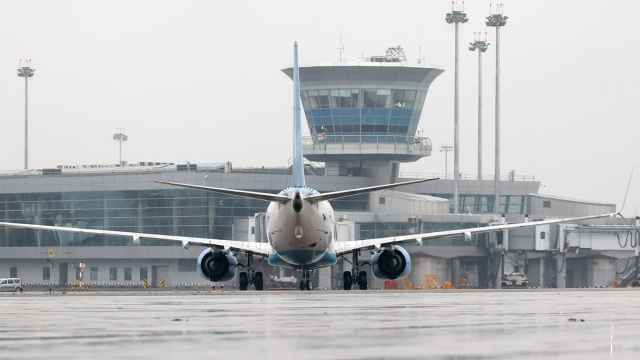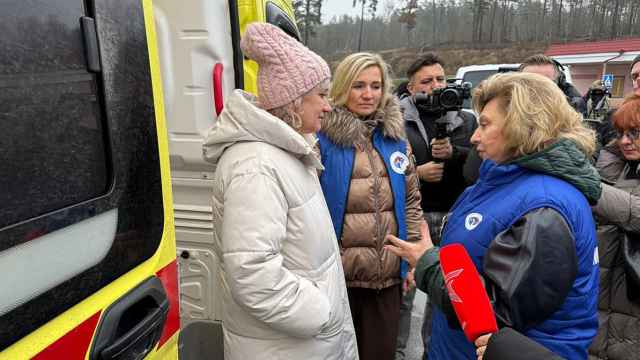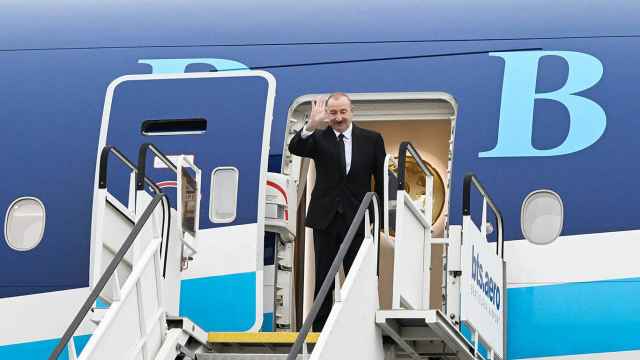WASHINGTON — Russian and U.S. defense chiefs have signaled their intention to reconvene long-stalled missile defense talks, the Pentagon said, following a change in U.S. missile defense plans for Europe that has been met cautiously by Moscow.
There have been no meetings at the deputy minister level since 2011, when six were held, a U.S. defense official said Monday. Talks set for 2012 were canceled because of scheduling conflicts, he said.
The Pentagon said that Russian Defense Minister Sergei Shoigu had expressed a desire to reconvene the talks and that U.S. Defense Secretary Chuck Hagel assured him they would continue and would be carried forward by the Pentagon's policy chief, Jim Miller.
"We are very interested in further developments on European missile defense, and our minister offered to restart regular consultations on that between deputy ministers," Anatoly Antonov, a deputy of Shoigu, said in comments carried by RIA-Novosti.
The news came after a March 16 announcement that the United States would station 14 new anti-missile interceptors in Alaska in response to North Korean provocations, but at the same time forgo a new type of interceptor that would have been deployed in Europe.
Moscow and Washington have long been at loggerheads over the shield in Europe. U.S. President Barack Obama's move in 2009 to scale down earlier, Bush-administration plans only offered a short-lived respite. Russia's main concern is that the European shield would weaken its nuclear deterrent.
Russia's point man for U.S. relations, Deputy Foreign Minister Sergei Ryabkov, said last week that the Obama administration's planned changes brought a new element to the issue.
He called for further dialogue, noting that Moscow still had concern that U.S. missile defenses could threaten its security.
U.S. Admiral James Stavridis, NATO's supreme allied commander in Europe, noted Russia's concerns in an article published on NATO's website on Monday but said: "We strongly disagree."
"And [we] feel that the system is clearly designed to protect populations against Iran, Syria and other ballistic-missile capable nations that threaten the European continent," Stavridis wrote.
Related articles:
A Message from The Moscow Times:
Dear readers,
We are facing unprecedented challenges. Russia's Prosecutor General's Office has designated The Moscow Times as an "undesirable" organization, criminalizing our work and putting our staff at risk of prosecution. This follows our earlier unjust labeling as a "foreign agent."
These actions are direct attempts to silence independent journalism in Russia. The authorities claim our work "discredits the decisions of the Russian leadership." We see things differently: we strive to provide accurate, unbiased reporting on Russia.
We, the journalists of The Moscow Times, refuse to be silenced. But to continue our work, we need your help.
Your support, no matter how small, makes a world of difference. If you can, please support us monthly starting from just $2. It's quick to set up, and every contribution makes a significant impact.
By supporting The Moscow Times, you're defending open, independent journalism in the face of repression. Thank you for standing with us.
Remind me later.





